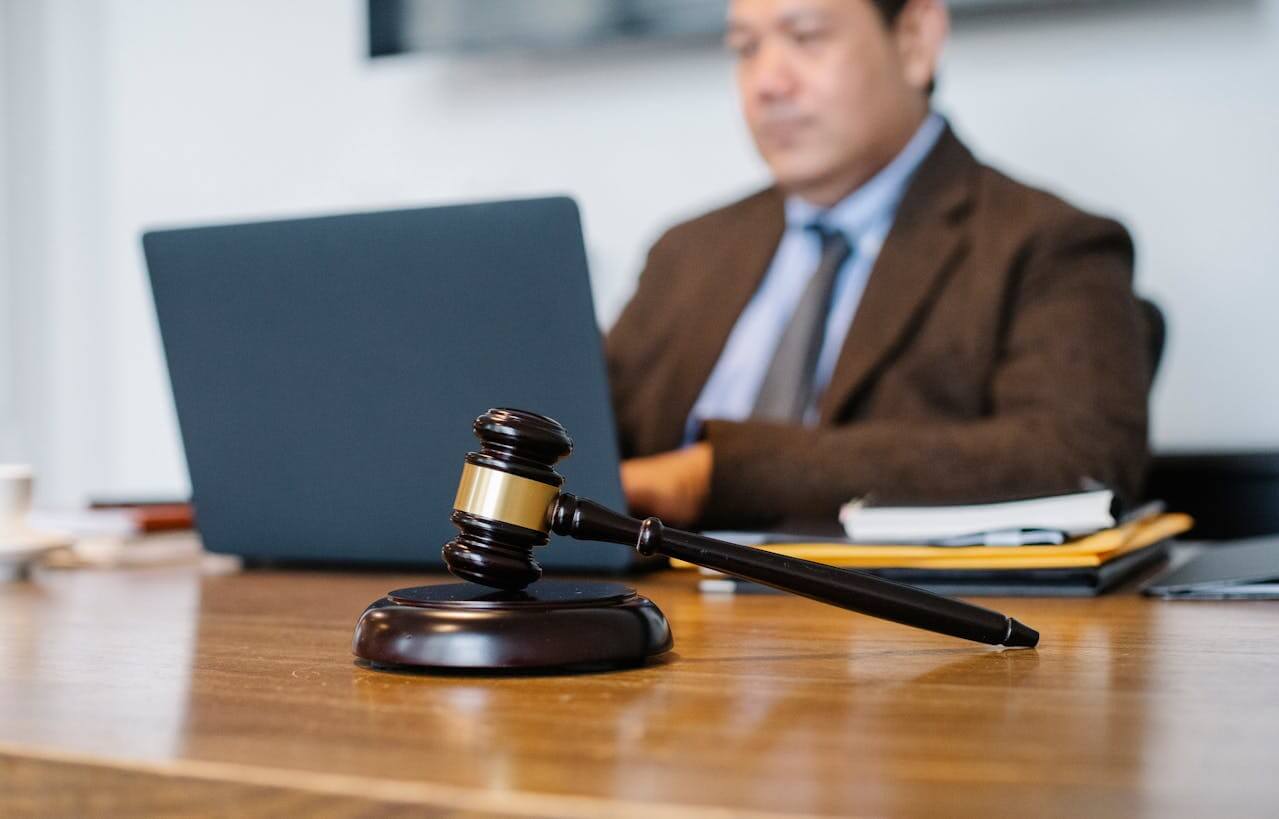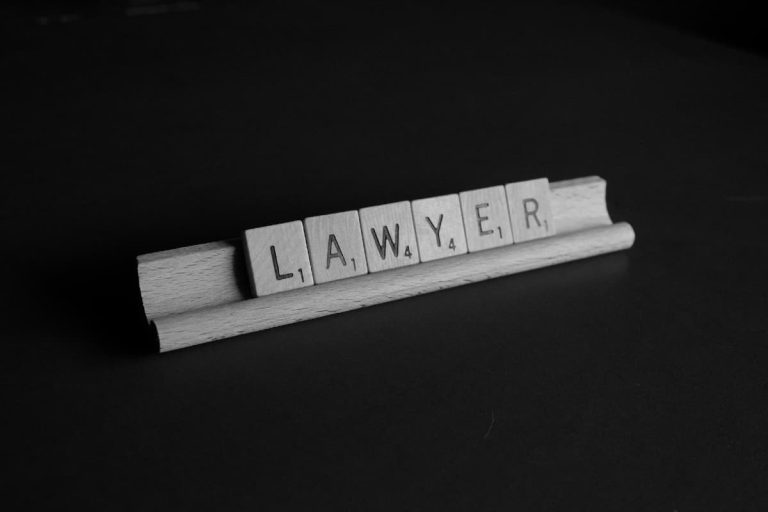What Does a DUI Attorney Do?
In a world where laws and regulations govern our daily lives, encountering legal issues is not uncommon. One such issue that can have serious consequences is being charged with driving under the influence (DUI) of alcohol or drugs. DUI charges can also affect employment. Reports show that in recent years, 93% of organizations conducted background checks on candidates, and 69% of organizations disqualified candidates based on criminal history, including DUI convictions.
According to Atlanta DUI attorney Delisa Williams, even though you’re innocent until proven guilty, you could still face strict penalties, especially if your DUI results in a fatality; it may be considered a felony instead. Similarly, if you’ve had multiple DUIs in the past, you may be hit with felony charges if they persist.
Regardless of your situation, it’s important to speak with a DUI attorney immediately following your arrest to lessen the impact of your DUI charge. Yet, how exactly can a DUI attorney help you? Keep reading on!
Case Evaluation and Analysis
A drunk driving lawyer near you can help you assess the situation, do an analysis, and set the foundation for a potent defense. To accomplish this, a lawyer will thoroughly go over every aspect of your case, including witness accounts, evidence acquired by law enforcement, and any other pertinent data. They will evaluate the legitimacy of the breathalyzer or blood test results, the legality of the traffic stop, and the correctness of the field sobriety testing.
During the case evaluation and analysis, they will identify any potential weaknesses in the prosecution’s case and look for inconsistencies in the evidence or procedural errors that could be used to challenge the charges against you. They’ll also examine your personal history, including your driving record and any previous DUI offenses, to determine how that may impact your case.
Defense Strategy Development
By examining the evidence and identifying any potential legal issues or procedural errors, your attorney can craft a defense strategy based on your specific circumstances. Defense strategy development involves challenging the legality of the traffic stop. If your attorney can prove that the police officer lacked reasonable suspicion to pull you over, they may be able to argue for the suppression of any evidence obtained during the stop. This could greatly weaken the prosecution’s case against you.
Your attorney will assess the reliability of the field sobriety tests and breathalyzer results. They’ll investigate whether the tests were administered correctly and whether the equipment used was properly calibrated and maintained. If any irregularities are found, your attorney can question the accuracy and admissibility of these test results.
Your attorney may look for alternative explanations for your behavior and physical symptoms that could suggest intoxication. They may gather witness statements, review medical records, or consult with experts to build a strong defense.
Legal Representation in Court
A DUI attorney’s main role is to advocate for you and protect your rights throughout the legal process. In court, your attorney will be responsible for presenting your case, arguing on your behalf, and challenging the prosecution’s evidence and witnesses.
Your attorney will use their knowledge of DUI laws and legal procedures to work on the complex legal system. They’ll cross-examine witnesses, challenge the admissibility of evidence, and present counterarguments to weaken the prosecution’s case. Besides, your attorney will have the opportunity to present any mitigating factors or evidence that can potentially reduce your charges or penalties.
Negotiation of Plea Bargains
Plea bargains are agreements made between the prosecution and the defense where the defendant agrees to plead guilty or no contest to a lesser charge or to a reduced sentence. This negotiation process aims to reach a resolution that’s beneficial to both parties involved.
The goal is to secure the best possible outcome for you, which may include a reduction in charges, a lighter sentence, or alternative sentencing options such as diversion programs or probation. Your attorney will leverage their knowledge of the law, their experience in similar cases, and their relationships with prosecutors to advocate for your interests during the negotiation process.
Take note that plea bargains aren’t always suitable or in your best interest. Your attorney will carefully evaluate the circumstances of your case and advise you on whether accepting a plea bargain is the right course of action. The decision to accept or reject a plea bargain still rests with you, and your attorney will provide you with the guidance and support necessary to make an informed choice.
Advocacy for Client Rights and Interests
During court proceedings, your DUI attorney understands the importance of protecting your constitutional rights and will make sure that they’re upheld throughout the legal process. They’ll challenge any violations of your rights, such as illegal searches or improper police procedures, to seek the exclusion of evidence that may be detrimental to your case.
Your DUI attorney will also fight to protect your interests when it comes to negotiating plea bargains or sentence reductions. Whether it’s securing a reduced sentence, alternative sentencing options, or seeking to have the charges dismissed altogether, your attorney will advocate for your rights every step of the way.
They’ll explain the potential consequences you may face and help you understand your options. Your attorney will keep you informed about the progress of your case, answer your questions, and address any concerns you may have.
Conclusion
Hiring an attorney specializing in DUI is a big help. They’ll evaluate your case, develop a defense strategy, provide legal representation in court, negotiate plea bargains on your behalf, and advocate for your rights and interests.
With their expertise and guidance, you can deal with the legal process and work towards achieving the best possible outcome for your situation.






